The new CEO of India’s censor board has described his objection to some of India’s recent blockbusters based on the reactions of his wife and five year old daughter. Mahima Kaul reports


The new CEO of India’s censor board has described his objection to some of India’s recent blockbusters based on the reactions of his wife and five year old daughter. Mahima Kaul reports

New report from the International Federation of Journalists slams “continued deterioration of press freedoms”
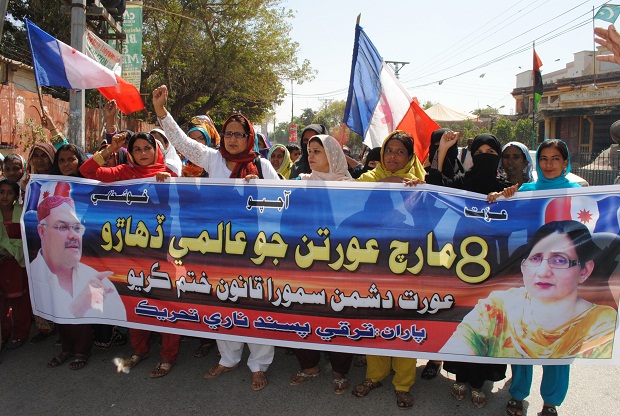
An increase in kidnappings of Hindu girls who are then coerced to embrace Islam and forced to marry has raised concerns in Pakistan, Zofeen Ebrahim writes
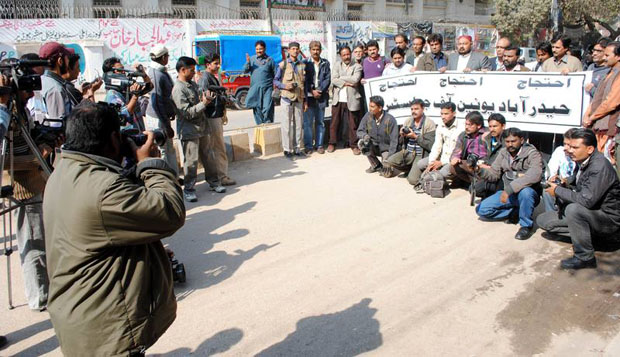
Three men working for a TV station were last week killed by the Taliban in Karachi. Now Pakistani journalists are calling on the government to appoint special public prosecutors to investigate the murders of media workers. Zofeen Ebrahim reports
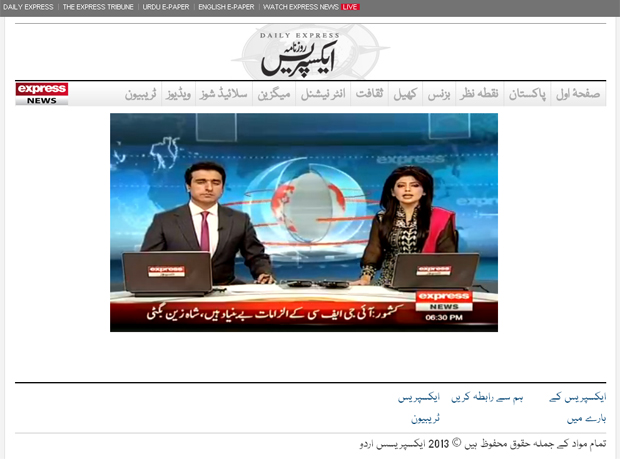
Condemning the cold blooded assassination of three media workers belonging to a private television channel, the Pakistani media has united against the culture of impunity that has gripped the country. Zofeen Ebrahim reports
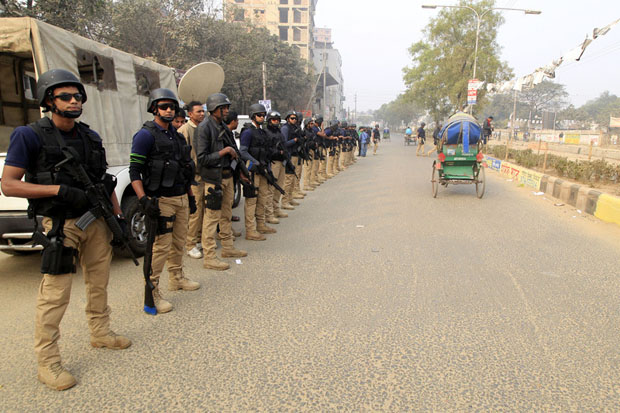
Dhaka’s rival political matriarchs must talk to each other for the good of their country, says Samira Shackle
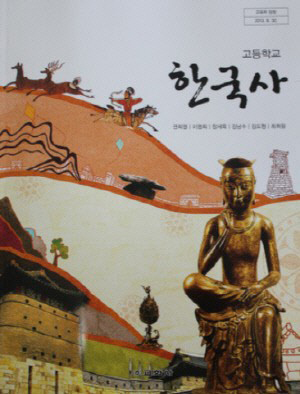
How children are taught about the birth of the nation is a contentious issue for many Koreans, writes Steven Borowiec
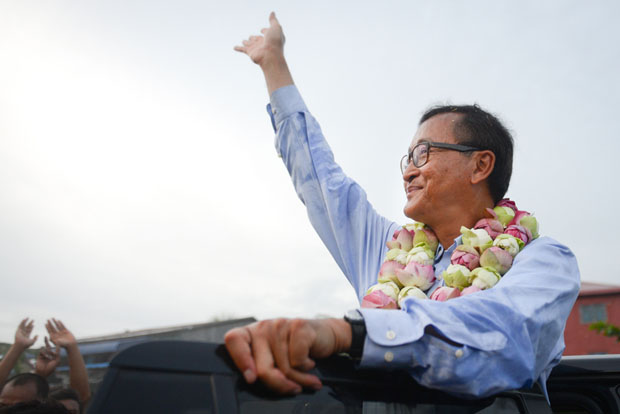
Cambodia has come a long way since the brutal Pol Pot regime, but the recent flood of hate-mail and death-threats sent to the president of the Cambodian Centre for Human Rights points to a society still dangerously divided over ethnic and racial issues. Tom Fawthrop reports

It is almost impossible to believe, but the government of India’s largest and most populous state, Uttar Pradesh, seems to have taken the most popular English news channel, Times Now, off the air for criticizing it, Mahima Kaul reports

Despite state censorship and political repression, social media is changing the protest landscape in China, Stephen Junor writes